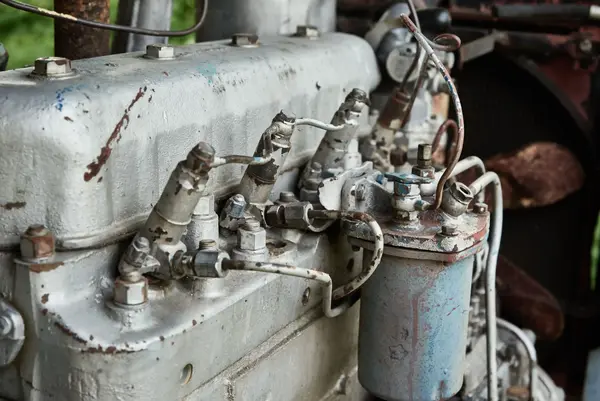Garage
How to Safely Dispose of Old Gasoline

Gasoline can expire, creating risks for your safety, property, and the environment. Knowing how to dispose of old gasoline properly is essential. Follow these steps to manage expired fuel safely and effectively.
Identifying Expired Gasoline
Gasoline deteriorates over time, especially when stored improperly. Watch for these signs to identify bad fuel:
- Appearance: Old gasoline appears dark and cloudy.
- Smell: Expired gasoline has a sour or musty odor.
- Contaminants: Rust or debris may settle at the bottom.
If your gasoline shows these signs, it’s time to dispose of it safely.
Safe Storage Tips
Proper storage can extend gasoline’s life and reduce risks:
Best Containers for Storage
- Use approved plastic fuel containers that resist corrosion.
- Avoid old metal cans that may rust and contaminate the fuel.
Ideal Storage Conditions
- Store gasoline in a cool, dry place away from sunlight.
- Keep it in a well-ventilated area, separate from living spaces.
Extending Shelf Life
- Add a fuel stabilizer to slow degradation.
- Label containers and use the oldest gasoline first.
Steps to Dispose of Old Gasoline
Follow these methods for safe disposal:
Hazardous Waste Facilities
Local hazardous waste sites accept expired gasoline for safe disposal. Contact your local government or waste management service for guidance.
Special Collection Events
Many communities host hazardous waste events where you can safely discard old gasoline.
Commercial Disposal Services
For immediate disposal, consider hiring a professional waste service. This option may involve higher costs but ensures safe handling.
Final Tips
Gasoline disposal protects both the environment and your safety. Always store fuel properly, identify bad gasoline early, and follow local guidelines for safe disposal.
For more helpful tips and news, explore more content on this website.
